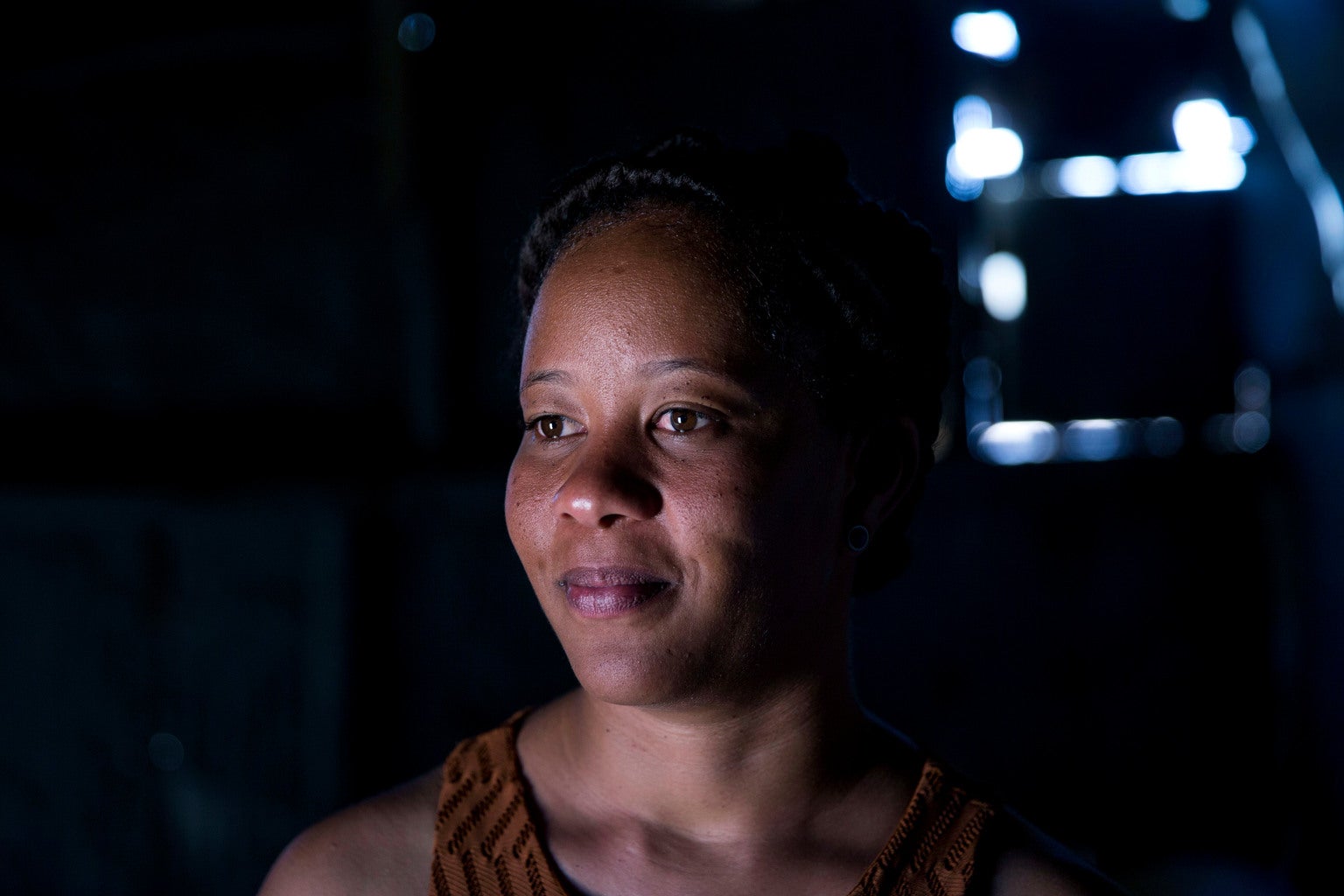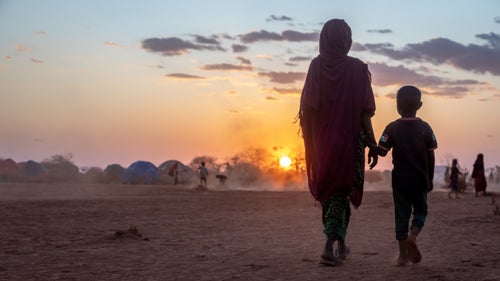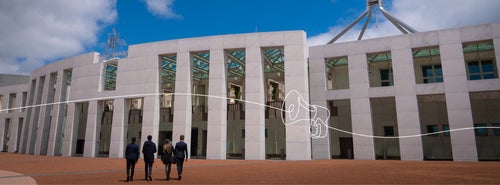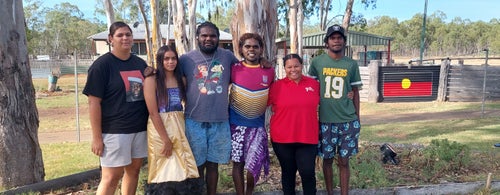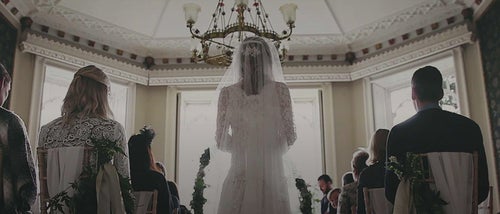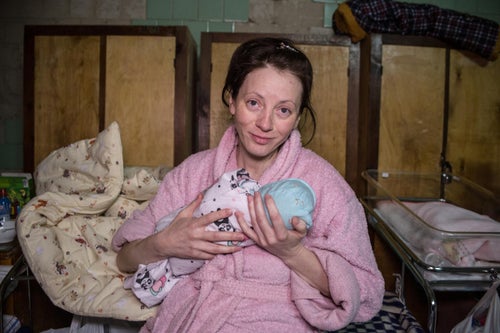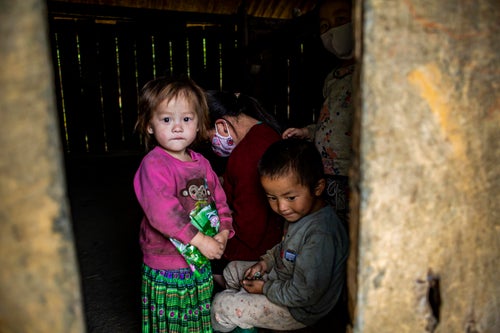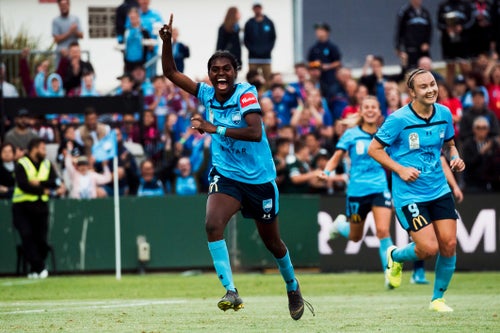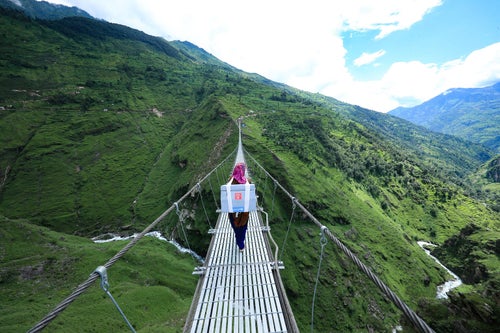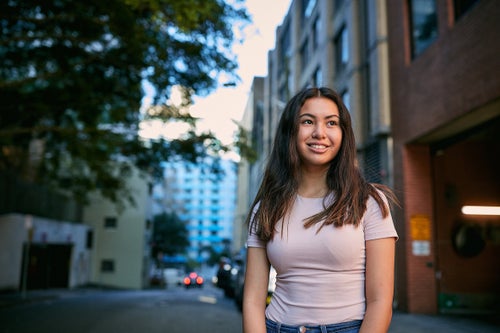She was still in high school when she became pregnant. Her family lived in a makeshift tin home on the edge of the Kalahari Desert, Namibia. Raising a child in these conditions was a difficult prospect but Livey was determined to succeed. “I loved school,” she says. “I had a lot of dreams”.
But one trip to the doctor pushed Livey’s dreams far from her reach. During the height of the HIV/AIDs epidemic, she found out she was HIV-positive. In her community, the antiretroviral treatment that controlled the virus was rare and expensive. Help and kindness were hard to find for teenagers like her struggling with the idea of a painful death.
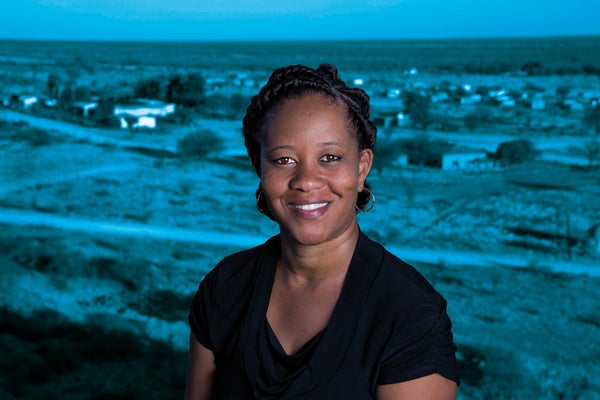
A journey of living with HIV
At 17, Livey’s village wanted her dead. By 26, she was their mayor.
"The only thing I knew about HIV, the virus that causes AIDS, was that it was a death sentence. I didn’t want to die. I was only a kid."
Hope amid hardship
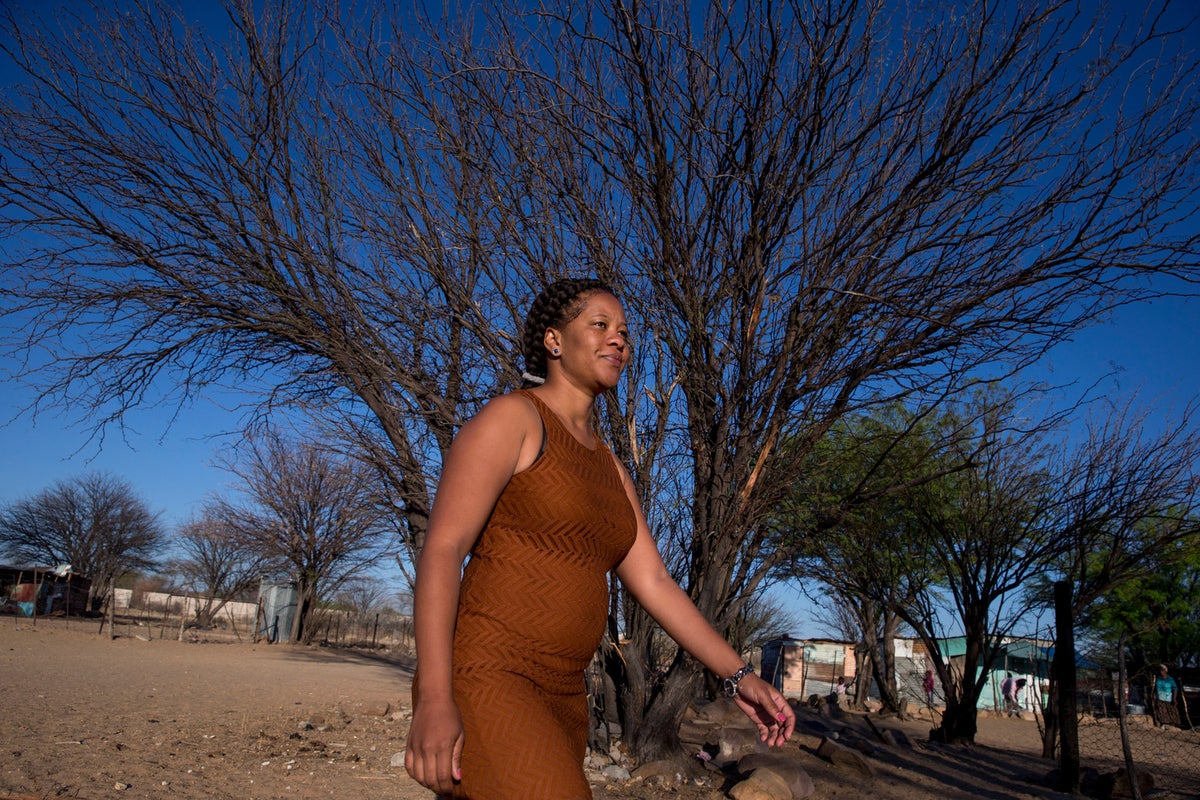
Things soon began to change for Livey. She was enrolled in a UNICEF-supported programme that gave mothers the treatment they needed to stop the spread of HIV to their babies.
"My village would not escape the invasive spread of this disease. Thankfully, UNICEF knows no boundaries. "
“With UNICEF’s help and support, I was able to enroll in a program which provided the vital antiretroviral treatment I needed to survive and helped prevent my son from being infected with the HIV virus I had. It also gave me courage to carry on. I would leave the clinic and I knew I had something to live for. I decided to wake up every morning and face whatever challenge came my way.”
Livey’s perseverance paid off: the antiretroviral treatment worked and she gave birth to a healthy baby boy, Remi. She raised him with her grandmother, the only person in her family who continued to support her.
“Remi is my strength and my courage,” says Livey with pride. “He made me wake up every morning and keep dreaming, keep believing and have hope.”
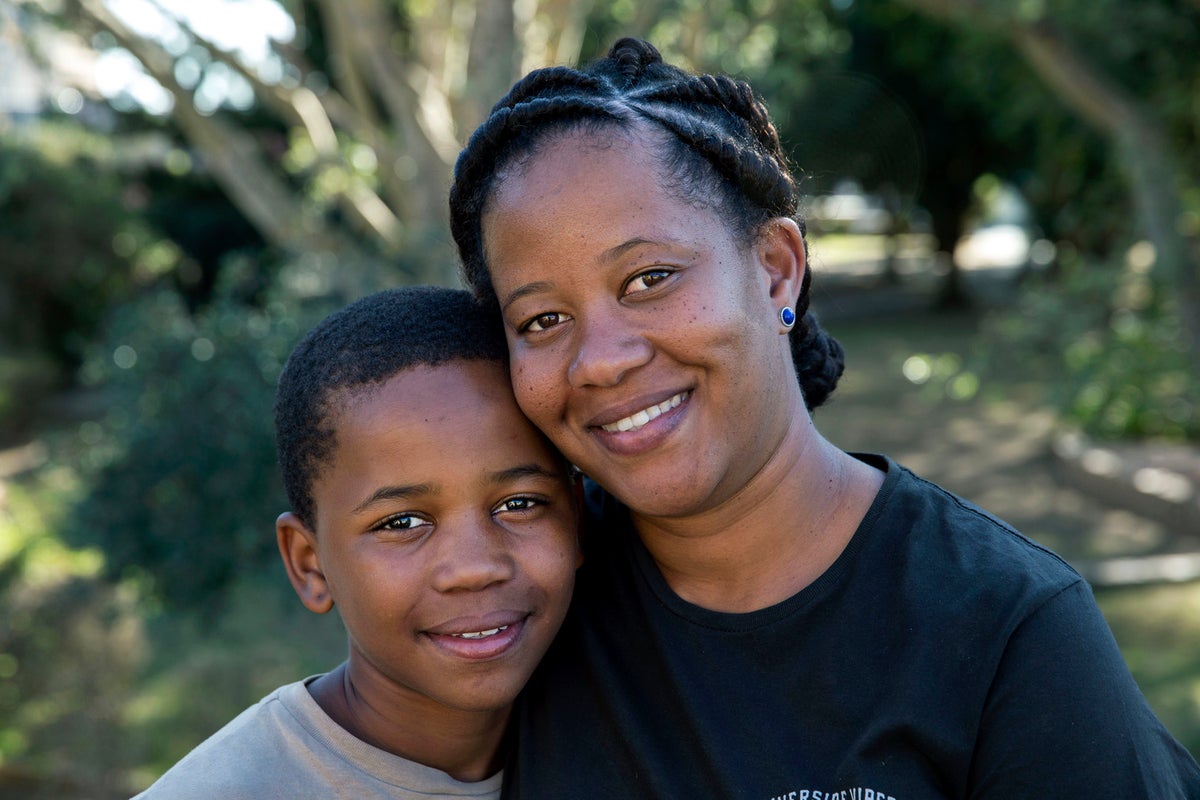
“I decided to continue to live my life and not allow people to take away my life. I wanted to educate myself. I thought I wanted to become a journalist and a lawyer. I had a vision for my life.”
With renewed hope and passion, Livey began to take control of her future.
From outcast to leader
UNICEF continued to be a part of Livey’s life, supporting her while she became one of the first Namibians to speak publicly about her HIV status to fight stigma and discrimination. Together with UNICEF, Livey recorded several radio programs to educate youth and told her story in a book called A Diary from the Land of the Brave.
Through UNICEF, she was also invited to speak at the United Nations General Assembly and met Secretary-General Kofi Annan.
Little by little, Livey discovered that she had the power to inspire and bring change. Not only did she regain hope - she began to give it to others like her.
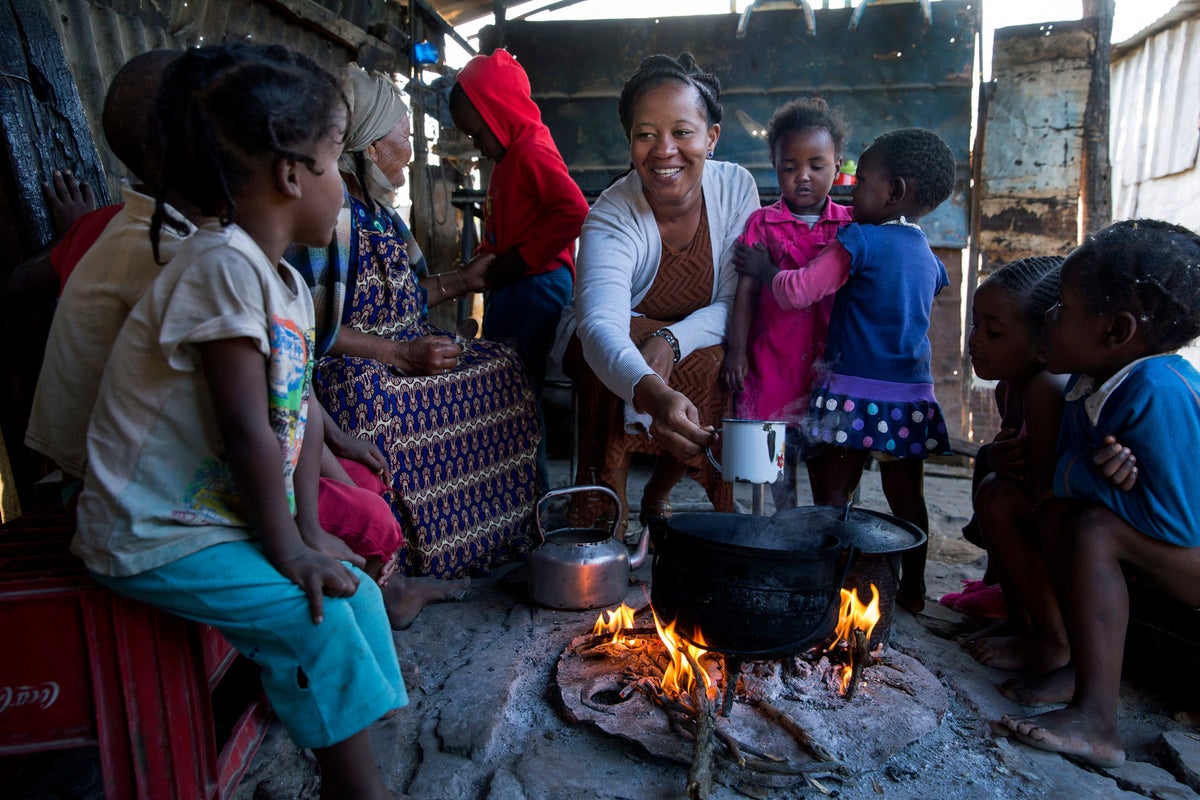
One day, the community that had once shunned Livey offered her a surprising opportunity.
“In 2010, the same community that had thrown stones at me, that literally had wanted to kill me, asked me to stand for them and be a mayor for them.”
At just 26, Livey became the youngest mayor in Namibia. “I began to educate the village that once shunned me about HIV and AIDS, and worked to encourage and motivate others who were HIV positive and suffering from AIDS to fight for themselves, for their lives.”
“Today, my son, Remi is a teenager and thriving. But the story of HIV and AIDS is bigger than me, and I am committed to use my voice to tell stories that may not otherwise be told.”
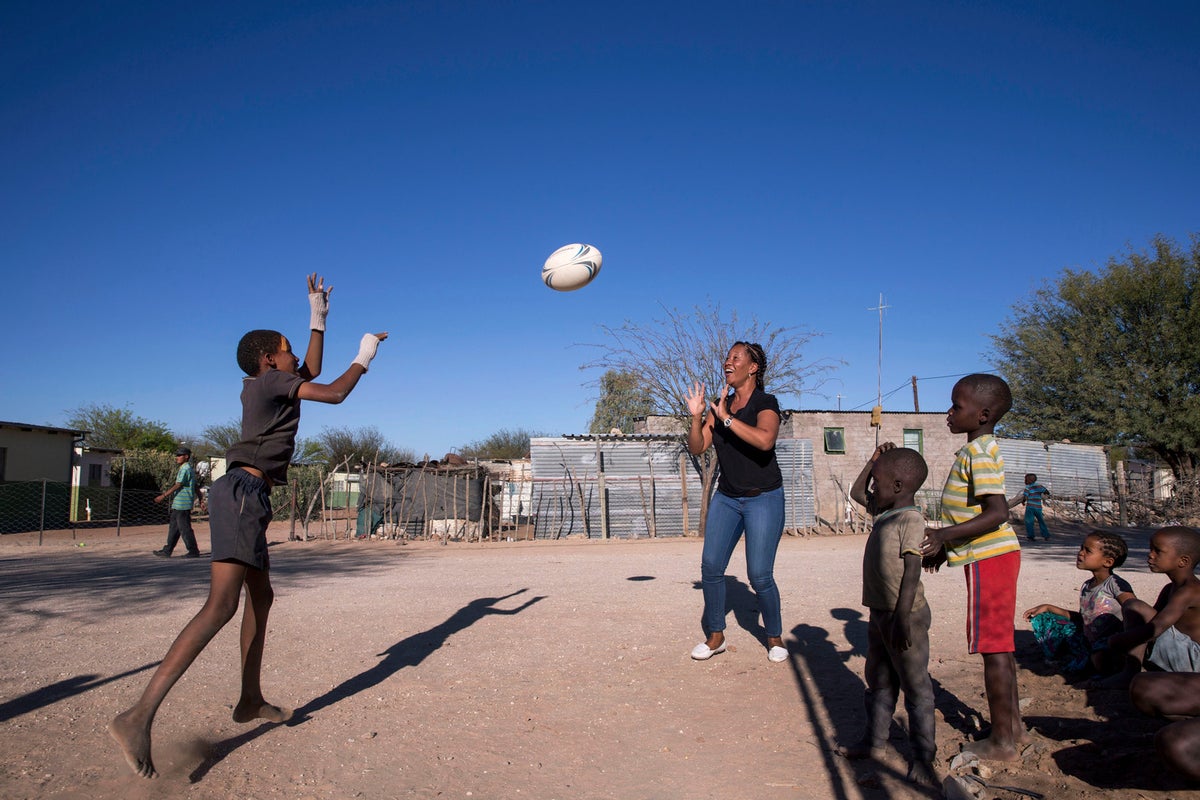
“If UNICEF had not been a part of my life, I would not be where I am today,” says Livey. “The organisation was my strongest support structure. It gave me the environment, the atmosphere to be who I needed to be as a child.”
Livey believes that, today, it is still critical to give young girls and boys the same support that she was able to benefit from as a teenager. “Definitely, my hope is for an HIV-free generation. Nothing is impossible. We can make it – especially when we have hope.”
For every child, hope
The world has never been so close to eradicating mother-to-transmission of HIV. Since 2000, UNICEF and partners have prevented 1.6 million children like Remi from contracting HIV/AIDs from their mothers. We’ve reached mothers and children with the life-saving HIV prevention and treatment they urgently need - and we’ve been there with the care and support they need to continue to thrive.
Thanks to our supporters, UNICEF has helped create a world where over 70 per cent of HIV-positive pregnant women receive the antiretroviral treatment Livey did. Take a look at the impact of our work for just a few of these mothers.
Become a Global Parent
UNICEF Australia has an amazing group of supporters called Global Parents who make an ongoing pledge to protect and support children in danger. By signing up with a monthly gift, our Global Parents make a beautiful commitment: that wherever a child is born and whatever comes their way, we'll give them a life, a chance, a choice.
You can help us continue this critical work for kids, wherever the need is greatest.
Become a Regular Donor
For every child in crisis.
Related articles
Stay up-to-date on UNICEF's work in Australia and around the world



